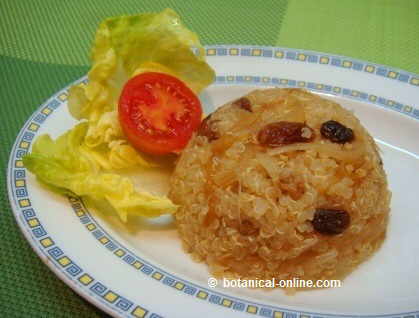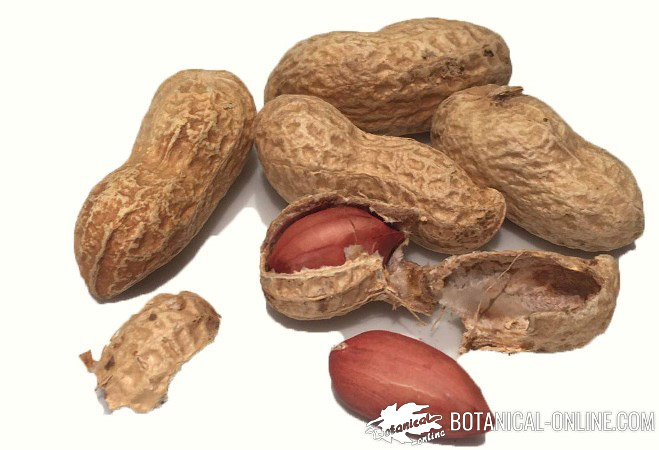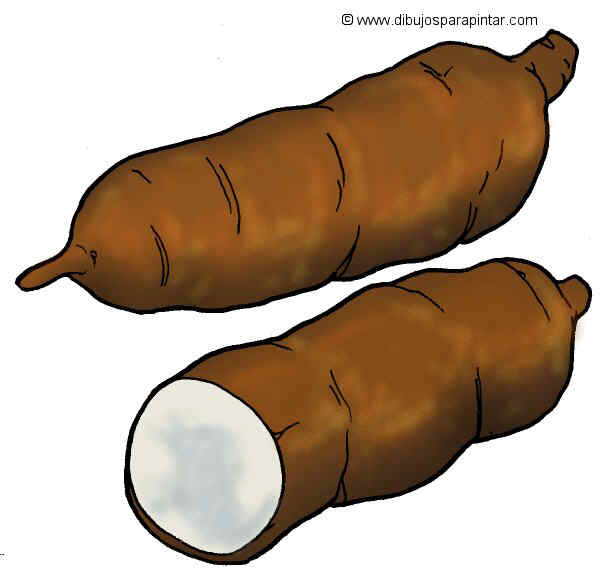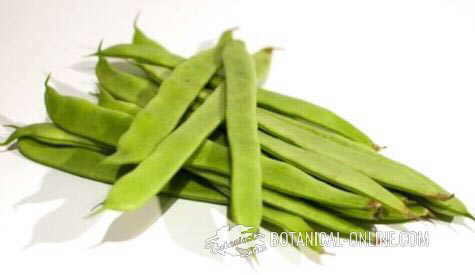Contents
- 1 Problems consuming milk
- 1.1 PROBLEMS THAT COULD CAUSE MILK CONSUMPTION
- 1.2 Is milk a good food?
- 1.3 REASONS WHY MILK IS NOT A GOOD FOOD
- 1.4 Milk is not a good source of calcium
- 1.5 Milk has too many fats and, in addition, most of them are saturated
- 1.6 Milk presents numerous products that are harmful to the body
- 1.7 Milk is not well tolerated by all people
Problems consuming milk
PROBLEMS THAT COULD CAUSE MILK CONSUMPTION
Is milk a good food?
It has always been said that milk consumption has many advantages because of the amount of nutrients that this food provides. In general, it is considered the most complete food because it provides virtually all nutrients except vitamin C and iron.
However, there are more and more opinions against this food. All of them consider that the advantages of milk are not so many when their disadvantages are taken into account.
REASONS WHY MILK IS NOT A GOOD FOOD
Among the main reasons that claim not to consume milk, there are the following:
Milk is not a good source of calcium
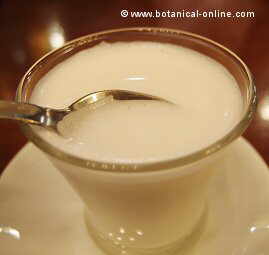 A glass of milk
A glass of milk
According to the detractors of this food, although milk has a lot of calcium, the body does not absorb calcium well from milk. They are based on comparative studies conducted in China, where, traditionally, no cow’s milk has been drunk.
They also atribute the increase in diseases such as osteoporosis currently to the increase in milk consumption of cow or dairy products in recent years.
According to these researchers, the abundant proteins of the milk could contribute to an excessive acidification of the organism which would lead to a loss of calcium from the bones.
On the other hand, they argue that for calcium to be well absorbed it must be in a ratio of 2: 1 to phosphorus, that is twice as much calcium as phosphorus, something that does not happen in the case of milk.
- As an alternative to this food, detractors of milk propose the use of vegetable milks (vegetable drinks) and other foods that provide the calcium necessary for the organism.
Milk has too many fats and, in addition, most of them are saturated
 Dairy products in a supermarket
Dairy products in a supermarket
The fat content of milk is high, which means it provides a large number of calories. These are significantly increased in the consumption of other dairy products such as cheese, mainly cured cheese, and especially butter.
An abundant consumption of non-skimmed milk can contribute to excess weight or obesity. The number of obese people in the world has increased in recent decades.
The high consumption of this food is a factor to be taken into account, especially the use of milk fats in the preparation of prepared foods.
In addition, most milk fats are saturated, which increases the risk of cholesterol, hypertension or other circulatory diseases such as heart attacks, thrombosis, etc.
Milk presents numerous products that are harmful to the body
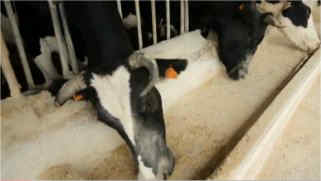 Feeding and care of the cows can produce toxic components in milk
Feeding and care of the cows can produce toxic components in milk
These products are mainly the result, on the one hand, of the feeding and care of the cows and, on the other hand, of the milk collection process. The main ones:
- The excess of hormones in the milk is mentioned as a consequence of having been incorporated into the diet to increase the production or increase the weight of the animals.
- Nor should we forget the content of fertilizers and pesticides in milk, the result of the treatment of the forage with which the animals feed. An excess of hormones or pesticides could be responsible for the development of cancerous tumors in humans.
- It should also take into account the large amount of antibiotics and other medicines that are used to prevent cow disease or food contamination in the stables by fungi that generate mycotoxins. The latter are recognized as carcinogenic.
- Other toxic products that can be incorporated into the milk in the collection process, such as the metals in the machinery that collects the milk, the disinfectants or the cleaning products of the facilities.
Milk is not well tolerated by all people
This is the only admitted truth by those who are in favor or against the consumption of milk. The consumption of milk does not feel good to all people. In fact, it can cause three health problems, more or less serious, to some people. These are:
- Galactosemia
- Lactose intolerance
- Lactose allergy
* Related information: Milk in intestinal diseases
![]() More information on vegetal drinks and milk .
More information on vegetal drinks and milk .

